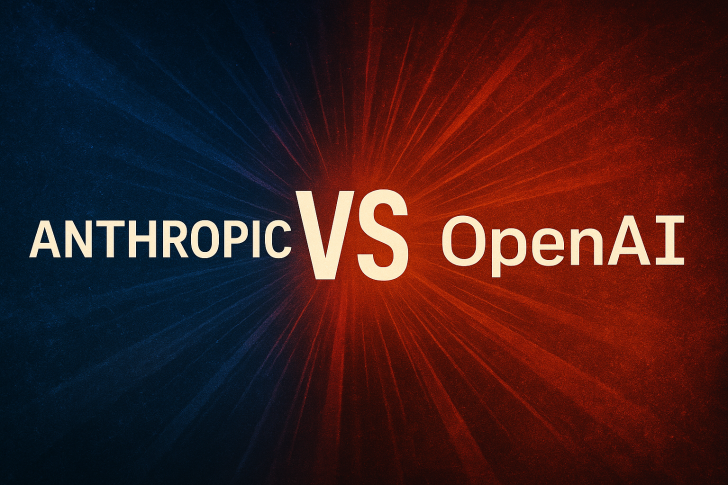How should AI systems "remember" and manage context? This question lies at the heart of modern AI development, and two leading companies—Anthropic and OpenAI—offer strikingly different answers. Their recent context engineering guides reveal not just technical contrasts, but fundamental philosophical differences about how memory should work in large language models.
Why Context Engineering Matters
A recent tweet by Carlos E. Perez highlighted this divide, comparing both companies' approaches side-by-side. Anthropic treats context as a broad, evolving resource for AI agents, while OpenAI delivers a precise, implementation-focused playbook for developers. This comparison offers insight into how these giants envision the future of AI memory.
Context engineering determines what an AI system retains during a session. Since models like Claude and ChatGPT don't store permanent memory by default, developers rely on context windows, retrieval strategies, and summarization techniques. These design choices directly impact chatbot reliability, workflow automation, and the ability to handle complex, multi-step interactions.
Two Distinct Approaches
Anthropic's Strategic Philosophy
Anthropic presents context as a managed, evolving resource. Their guide emphasizes long-horizon workflows that maintain consistency across extended conversations, tool and retrieval integration that links memory with external systems like databases, and adaptive frameworks that treat context dynamically based on real-world scenarios. This reflects their "constitutional AI" philosophy—prioritizing guiding principles and adaptability over rigid technical rules.
OpenAI's Implementation Playbook
OpenAI's guide reads like a practical engineering manual, outlining concrete methods for managing short-term memory. It includes exact trimming rules for deciding what information to drop, summarization injection to compress conversation history, concurrency safety for multi-user environments, and evaluation loops to validate effectiveness. This rulebook-style design helps developers quickly adopt best practices in production.
What It Means for Developers
The divergence reflects broader philosophical differences. Anthropic favors long-term adaptability, appealing to teams building agent-style systems with evolving workflows. OpenAI provides exact methods for short-term stability, ideal for developers needing fast, reliable deployment. Rather than being mutually exclusive, these perspectives may ultimately converge as future systems demand both adaptability and precision.
 Usman Salis
Usman Salis

 Usman Salis
Usman Salis


